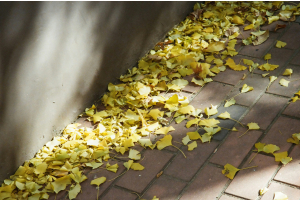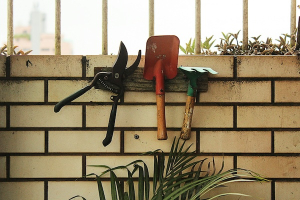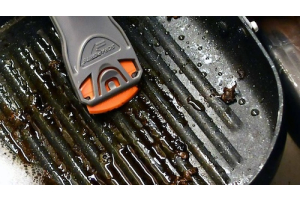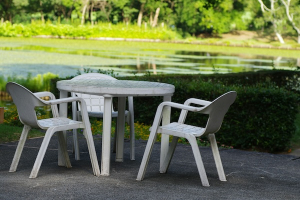Keeping Your Boat's Galley Shipshape

A clean boat galley isn't just about aesthetics; it's fundamental to a healthy, happy onboard environment and crucial for preserving your boat's interior against the relentless marine elements. The constant motion, often compact workspaces, and sometimes limited airflow can make your galley a prime battleground against grime that seems immune to typical home cleaning methods.
So, what are the usual suspects causing you cleaning headaches? Think cooked-on grease from hearty onboard meals, surprise messes hiding in drawers or cabinets, and those frustrating clogged drains. Each demands consistent attention, the right tools, and a bit of know-how. A fantastic starting point for arming yourself in this ongoing battle is a reliable plastic scraper in your cleaning toolkit.
Conquering Grease Buildup
The saga of grease buildup in a cozy galley is never-ending. Tiny oil droplets inevitably find their way onto walls, cabinets, ceilings, and even vents. Starting with a good degreaser and cleaning from top to bottom is wise. However, it’s the baked-on, stuck-fast grime that truly tests your patience.
This is where a plastic scraper shines. With precise and targeted scraping, you can safely lift stubborn grease spots without endless scrubbing or risking scratches on galley finishes—from the stovetop to the microwave. A quality plastic scraper makes quick work of this, helping prevent buildup from becoming a fire hazard or a breeding ground for other unwanted grime.
Battling Clogged Drains
Don’t forget the sneaky saboteur: clogged drains. In a boat’s tight galley, grease and hardened soap easily cause backups, especially in older or smaller drain systems. Regularly flushing with hot water helps prevent this, but a flexible plastic drain snake is key for clearing blockages.
Your trusty plastic scraper can also assist here, perfect for carefully scraping away hardened residue around the drain opening or faucet base, where clogs often begin. A few seconds of preventative scraping can spare you from more serious plumbing headaches later.
Other Galley Grime Challenges
The galley throws other curveballs too. Hard-water spots pop up if you don’t dry surfaces promptly, so keep a dedicated towel handy. Forgotten crumbs in drawers, sticky cabinet handles, dried splashes on walls, and crusted-on food in tight corners are all part of the reality of galley use. Wash dishcloths and towels frequently, and store them in breathable bags to prevent that stale, musty smell.
Use boat-safe cleaning products like glass cleaner, oil soap, or wood-specific cleaners to avoid damaging interior finishes. And for those days when a quick touch-up is needed, a plastic scraper offers fast, focused cleanup without hassle.
The Indispensable Plastic Scraper
The real beauty of a high-quality plastic scraper? It’s usually compact, rust-proof, and designed with safety for a wide range of galley surfaces in mind. It tucks neatly into a drawer or utensil bin, quickly becoming one of those indispensable tools you find yourself reaching for time and time again.
Whether it’s gently nudging away dried food splatters from the countertop, carefully lifting sticky spills without marring the finish, or tackling an unexpected mess mid-meal prep, it’s a straightforward solution that helps you maintain a clean and functional galley with less elbow grease and zero worry of damage.
For particularly delicate surfaces—such as polished wood, sensitive laminates, or certain types of plastic trim—Scraperite’s orange blade is your best bet. Made with a softer yet effective plastic compound, it provides the perfect balance for tackling light to medium buildup without the risk of scratching. It’s safe, simple, and a must-have for serious galley upkeep.








